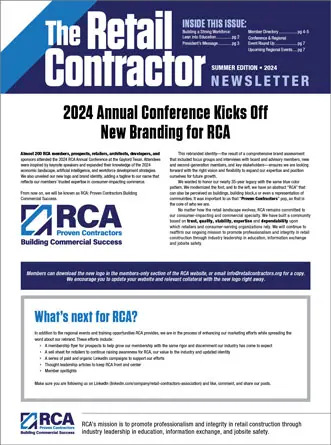All construction projects have three main parties: the client, the management team, and the building contractor. The building contractor is involved in the planning and coordination of the project while also ensuring the project is completed in time and within the set budget. Since they are responsible for the whole project, they must also determine the best way to finish the project.
Planning
Every project must have a master plan that outlines all activities, the time taken for each stage, and the budget for each stage as well as the whole project. Proper planning is therefore vital before the project can begin. If not done properly, the contractor can miss the project’s deadline and incur heavy penalties.
Some of the things building contractors have to think about at the planning stage include determining the equipment and material requirements, planning for the procurement of what the project needs, handling regulatory and legal issues, and ensuring there is effective communication among all parties involved.
They must also come up with a budget and ensure it is followed as closely as possible.
Project Management
The building contractor must manage the project to ensure it doesn’t miss its deadlines. Here, they ensure they have enough funds, buy or hire the equipment needed, hire the right people or subcontractors, purchase materials and manage the logistics, and create project progress reports.
In some cases, building contractors also manage payroll for their own employees and their subcontractors.
Tracking
A building contractor must also track all their projects to ensure they are progressing according to the set schedules. They must also ensure there are no disruptions.
Health, Safety, and Environmental Issues
The contractor is responsible for health and safety at the construction site. They can do this by putting in place and enforcing procedures and precautions at the site. They can also raise safety and health awareness among the workers so everyone knows how to protect themselves. The contractor is also responsible for ensuring all machines are being used safely to prevent any accidents from happening. In case of any emergencies, the contractor must report them to their supervisor.
The construction industry is one of the major polluters and is responsible for some aspects of climate change, rapidly filling landfills, energy wastage, as well as air water and noise pollution. A building contractor must put procedures and strategies in place to deal with and cut down on waste. Utilizing green construction practices, eco-friendly building designs, and waste management practices could all help.
Regulatory and Legal Issues
Building contractors are also responsible for a myriad of legal and regulatory issues. They must, first of all, acquire all licenses and permits before a project starts, and they are also responsible for any taxes and fees that arise. They are also responsible for getting their workers the right kinds of insurance in addition to ensuring their project follows all building codes and local laws.
To stay on top of all this, the building contractor must be up to date on all these areas.
Conclusion
A building contractor is responsible for so much depending on the project they are working on, with the roles they play changing depending on the project. Building contractors should be able to manage uncertainty and be prepared to make decisions throughout a project.








 The 2024 virtual Men’s Round Table will be held Q4, 2024, date TBD.
The 2024 virtual Men’s Round Table will be held Q4, 2024, date TBD.












